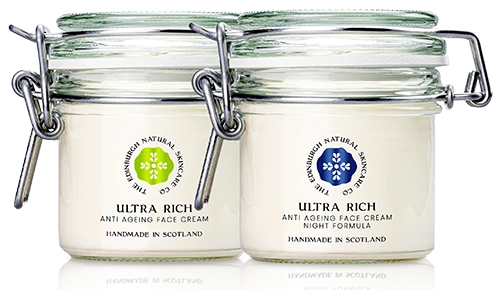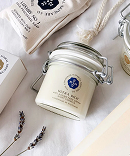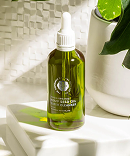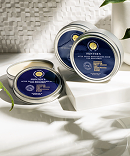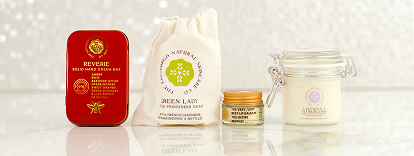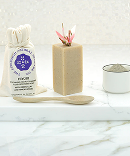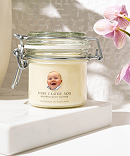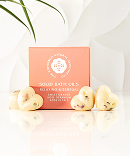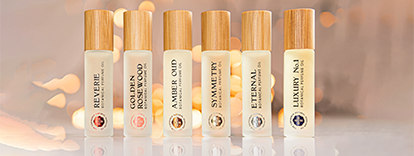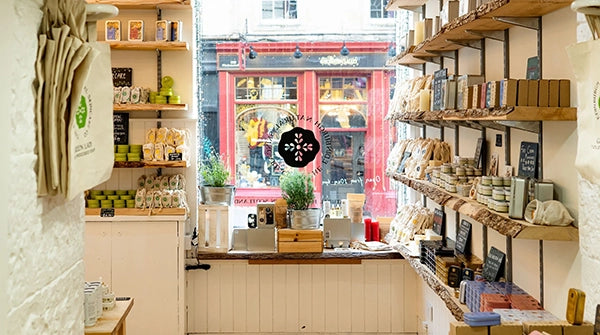Do You Sell Facial Masks?
A question we get from time to time is, “Do you sell facial masks?” And the answer is no. Not because, quite frankly, we’ve never been able to create a stable recipe that meets our standards.
Let us explain why:
Most Face Masks Synthetic, And We Don't Do Synthetic
The truth is that most face masks on the market, whether the thick, creamy kind or the increasingly popular sheet masks, are made with synthetic ingredients. And while they might feel luxurious initially, they come with a few problems that we’re not so keen on.
Why Are Almost All Face Masks Synthetic?
Face masks are designed to stay on the skin for some time before being rinsed or peeled away. To achieve that effect, most commercial formulas rely on synthetic thickeners, stabilisers, emulsifiers, and ingredients that keep the mask from drying out in its packaging while giving it the smooth, spreadable texture that people expect.
The Problem With Sheet Masks
Sheet masks, in particular, are a whole other issue.
While they might seem like a simple piece of fabric soaked in skincare, they’re almost always made from non-biodegradable materials like polyester, rayon, or polypropylene, which means every mask goes straight into landfill, where it’ll sit for years without breaking down.
And the packaging? Usually, a plastic-coated pouch that isn’t recyclable either.
Why Don’t We Make Face Masks?
When it comes to creating skincare, our philosophy has always been simple: if we can’t make it natural, sustainable, and high-quality, we won’t make it at all.
Face masks, as they currently exist, don’t fit into that.
We’ve experimented, but every time I’ve looked into creating a face mask that aligns with our values, free from synthetics, environmentally friendly, and made with purely natural ingredients, we’ve hit the same problem: stability.
The reality is that a fresh, natural face mask without synthetic preservatives would have a shelf life of just a few days. That’s ok if you’re making something fresh at home, but it’s not practical for a business like ours, where quality and longevity go hand in hand.
Are There Natural Alternatives To Synthetic Face Masks?
Yes.
If you’re looking for a natural face mask, the best thing you can do is make one at home. Ingredients like honey, oatmeal, yoghurt, and clay have been used for centuries in homemade skincare and are far better for your skin than anything packed with artificial fillers.
A simple mix of raw honey and finely ground oats, for example, makes a fantastically gentle mask that soothes and softens the skin.
If you prefer something ready-made, I always recommend looking for powdered masks made from pure clay or botanical extracts, something you mix with water yourself.
These don’t require preservatives and can be stored for much longer without synthetic preservatives..
Finally

So no, we don’t sell facial masks. And we probably never will, unless we can find a way to make one that’s natural, stable, and environmentally friendly.
For now, we’ll stick to what we do best: creating high-quality, all-natural skincare that truly cares for your skin and the planet.
If you’re after a deep cleanse or a nourishing boost, we’d always recommend starting with our soaps, serums, and moisturisers.
They do everything a good face mask should, without the waste.
